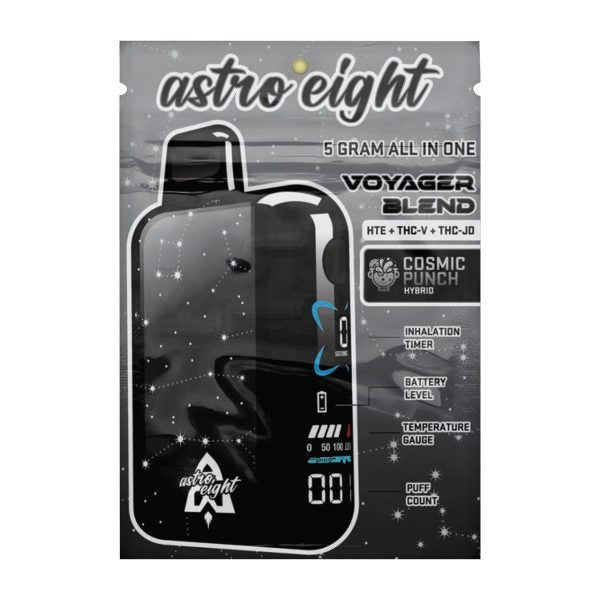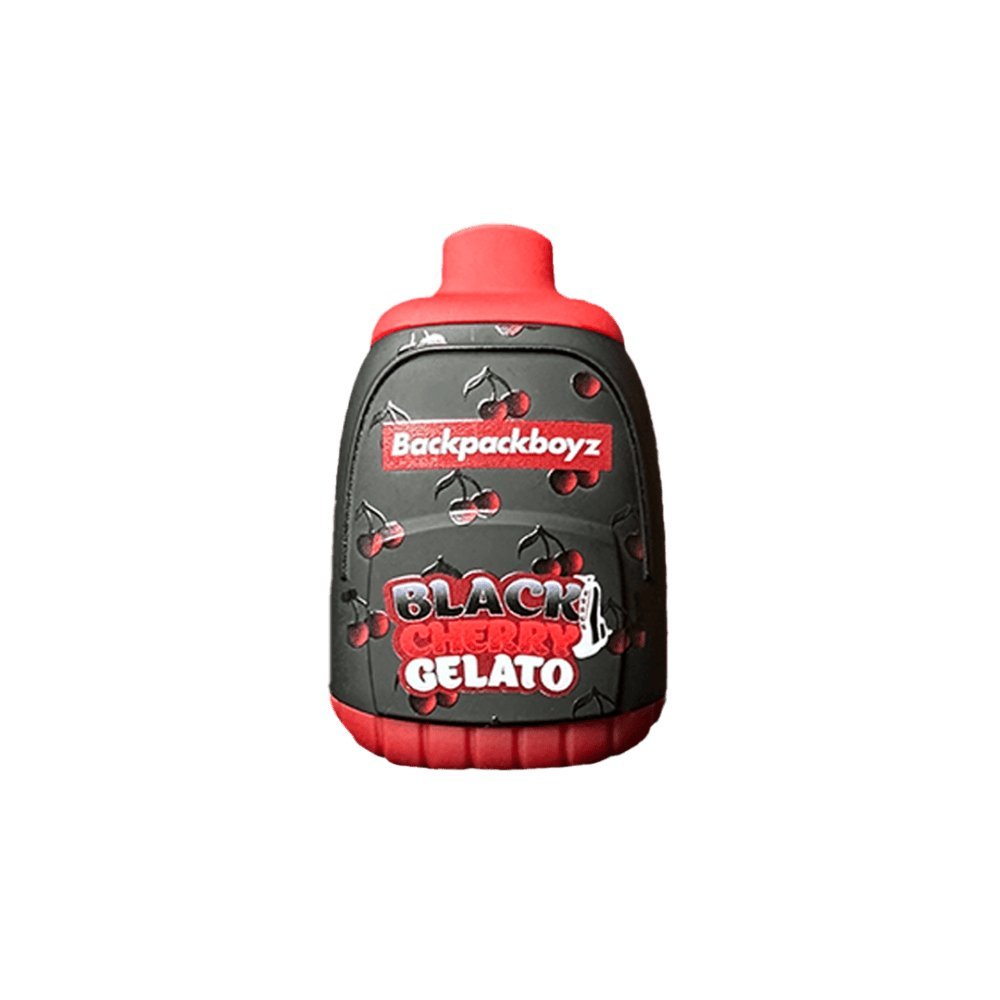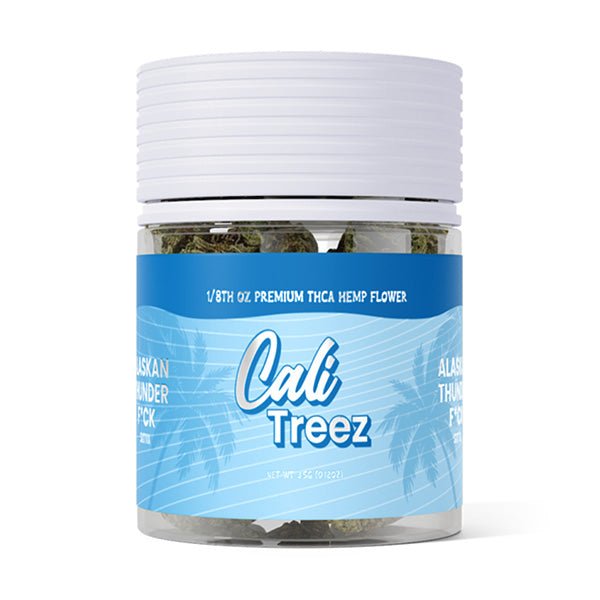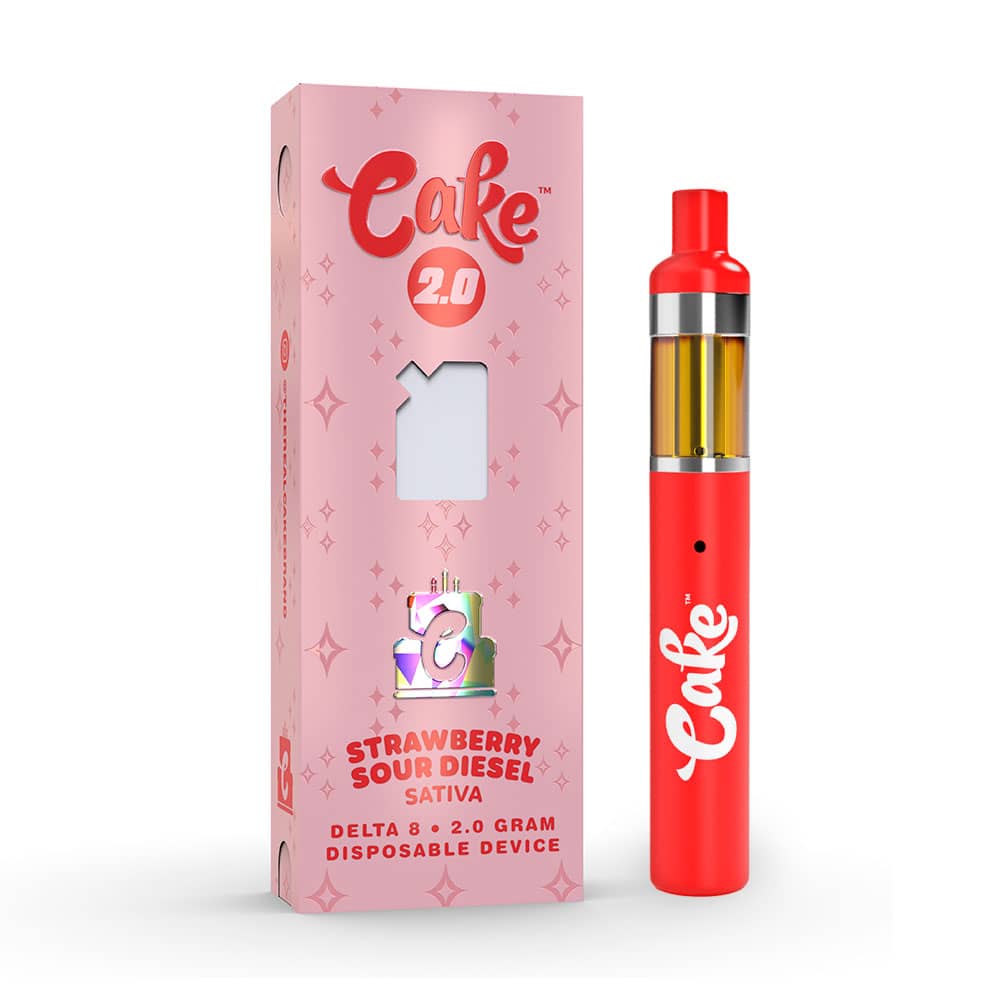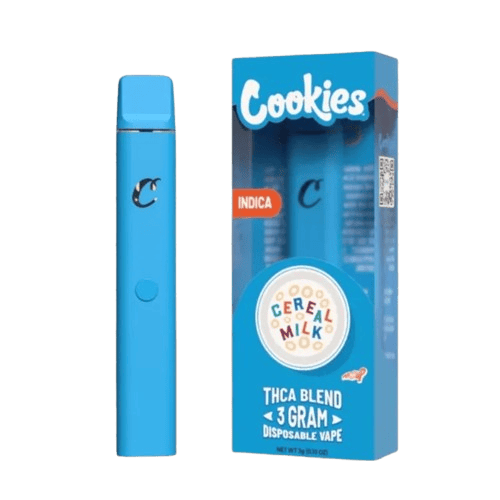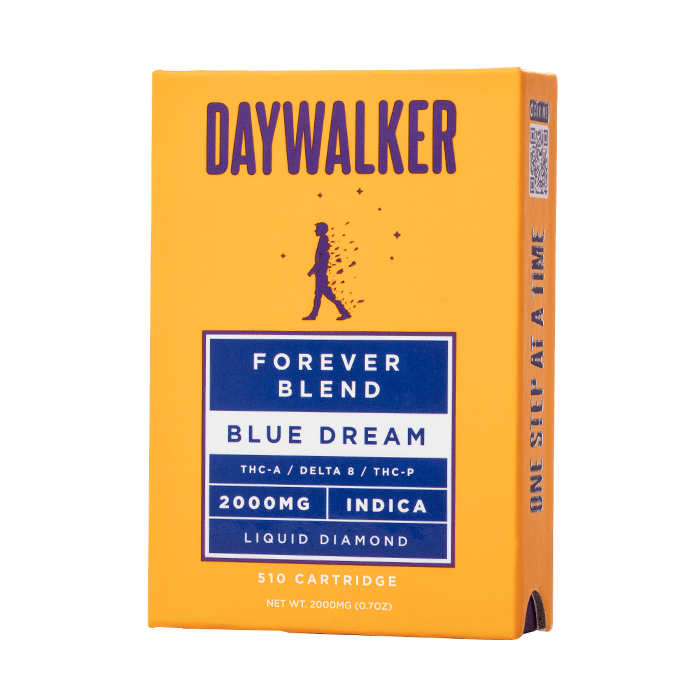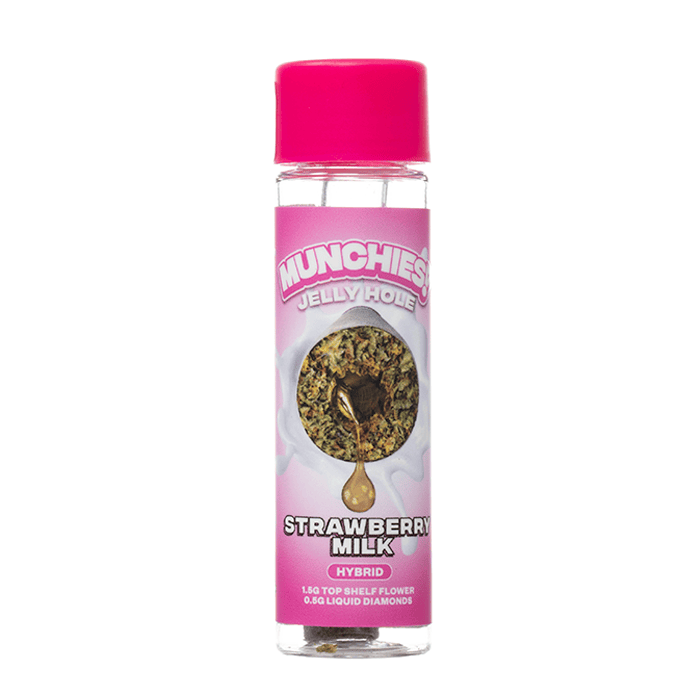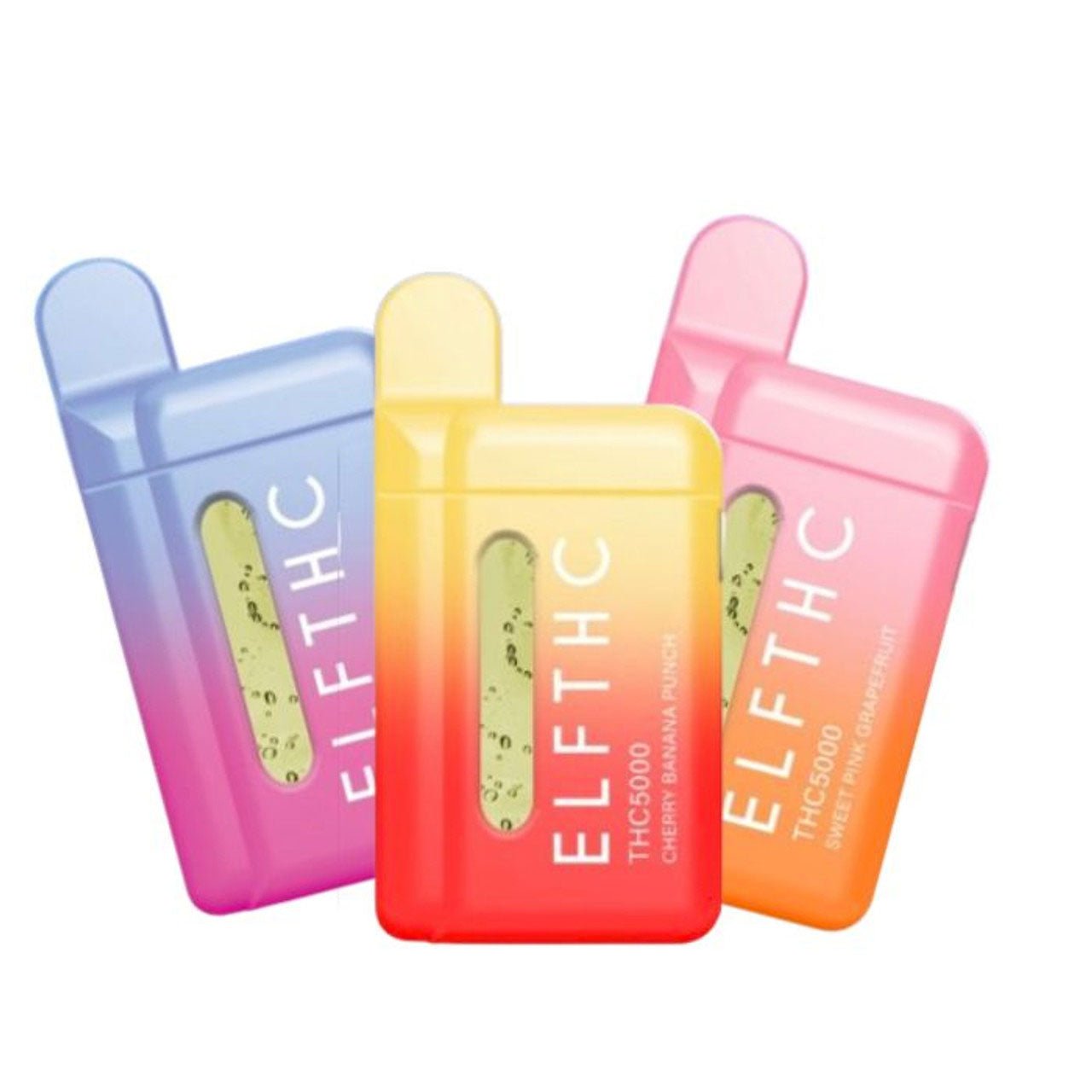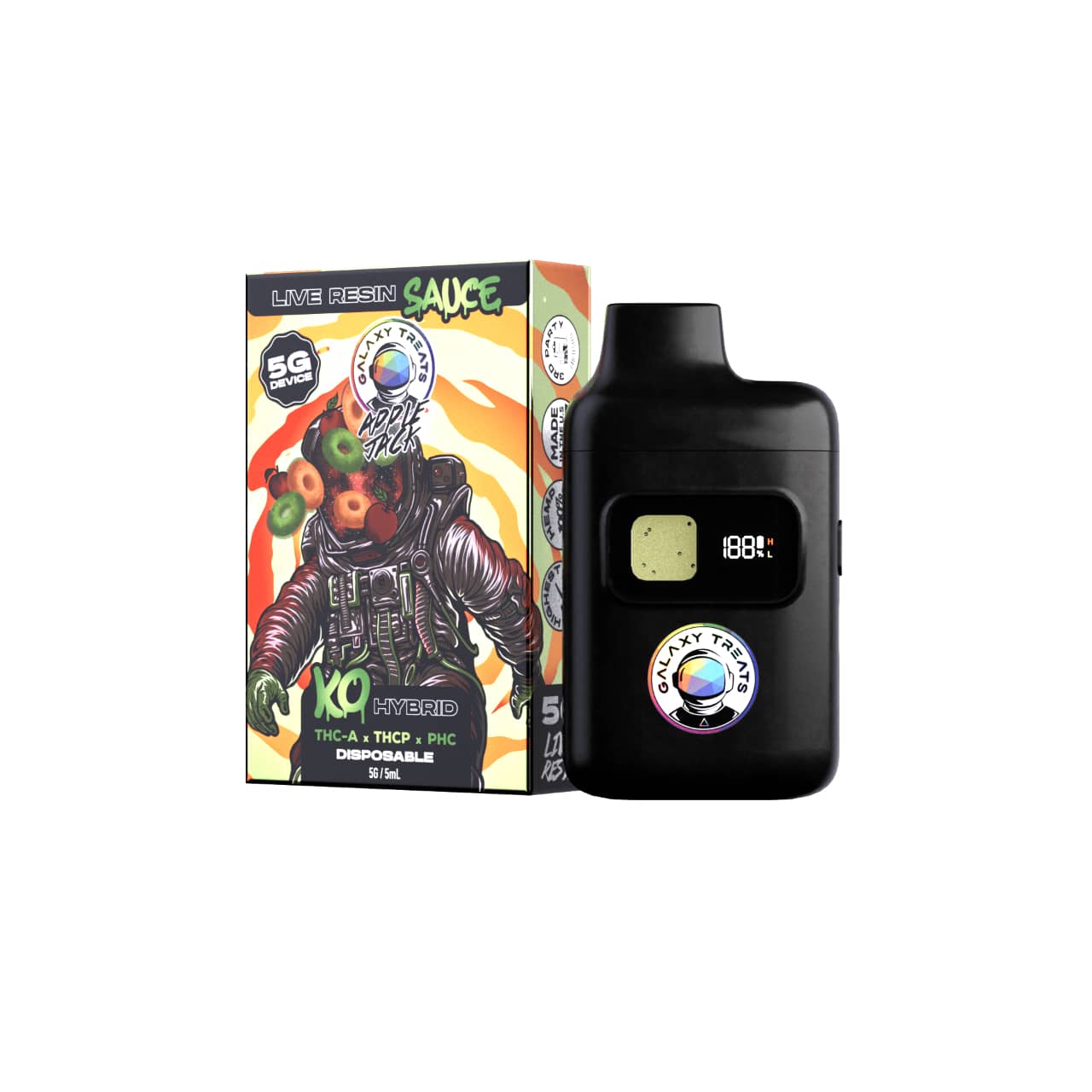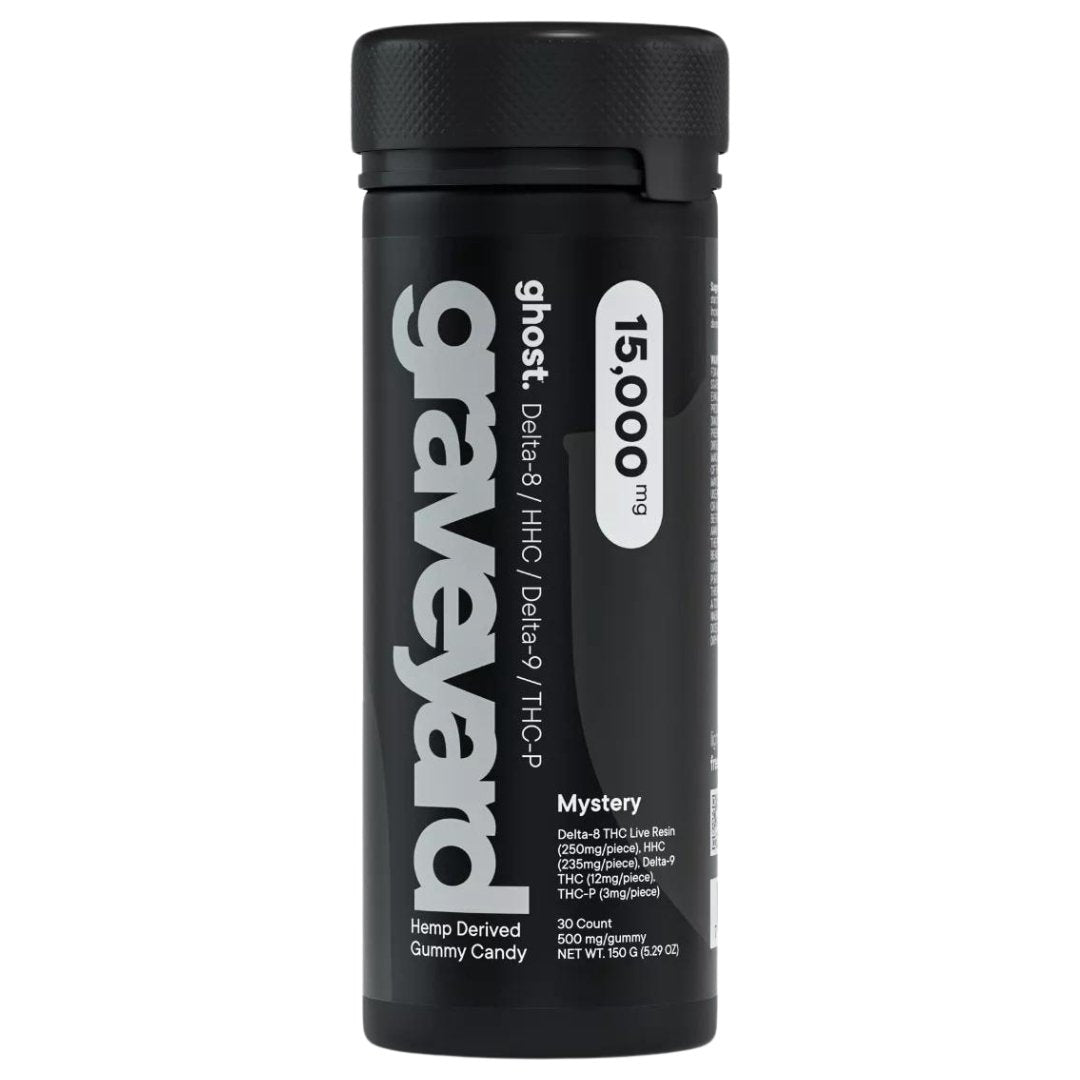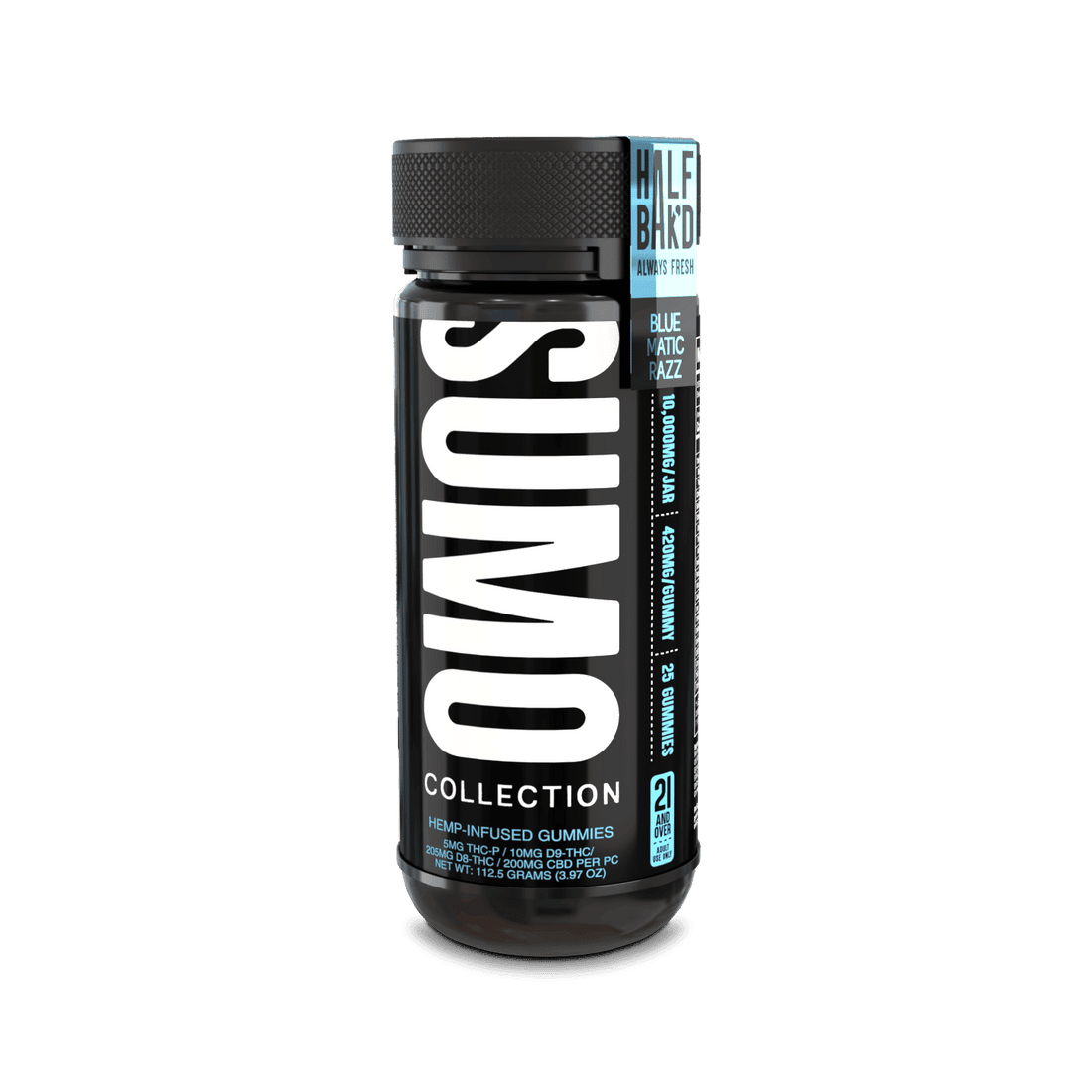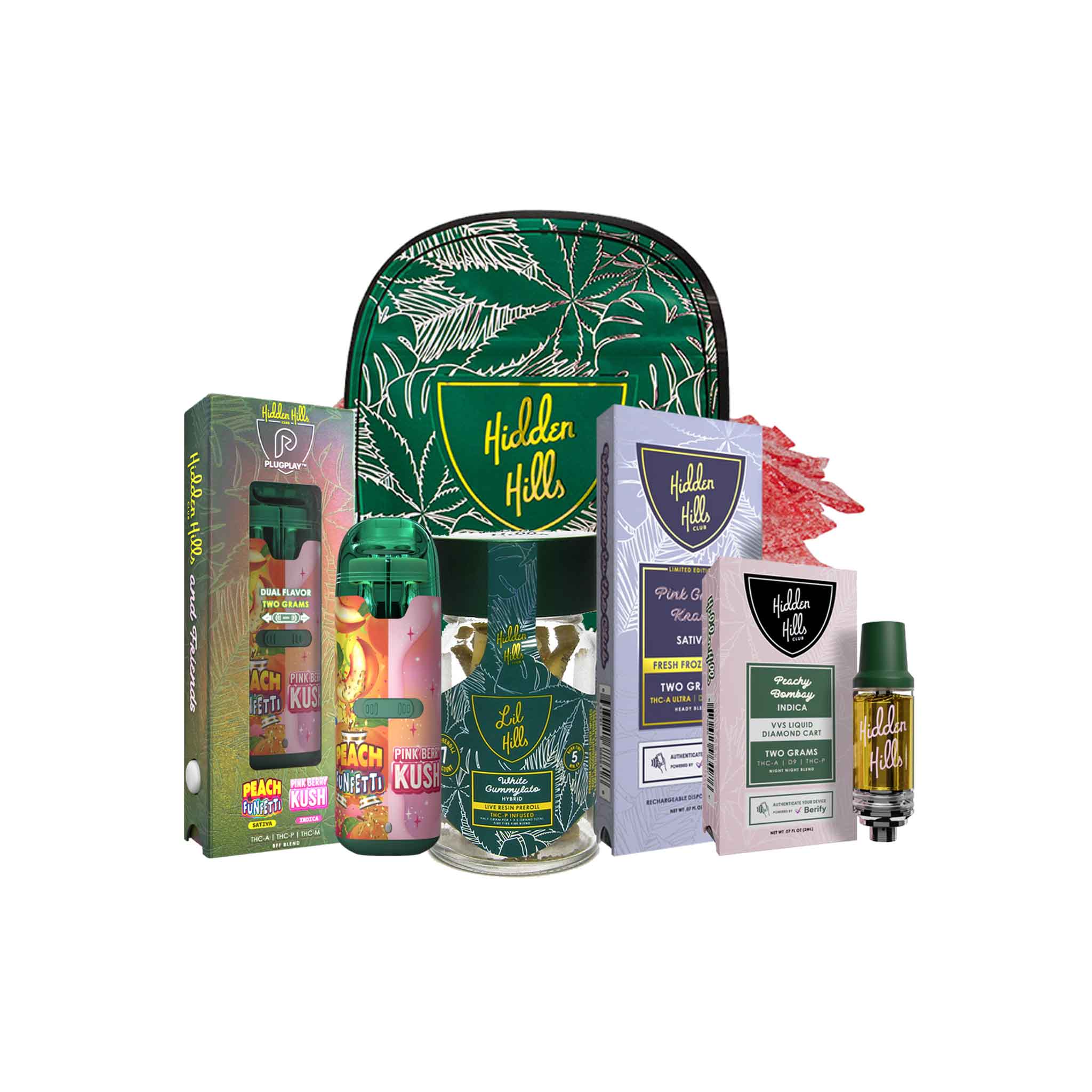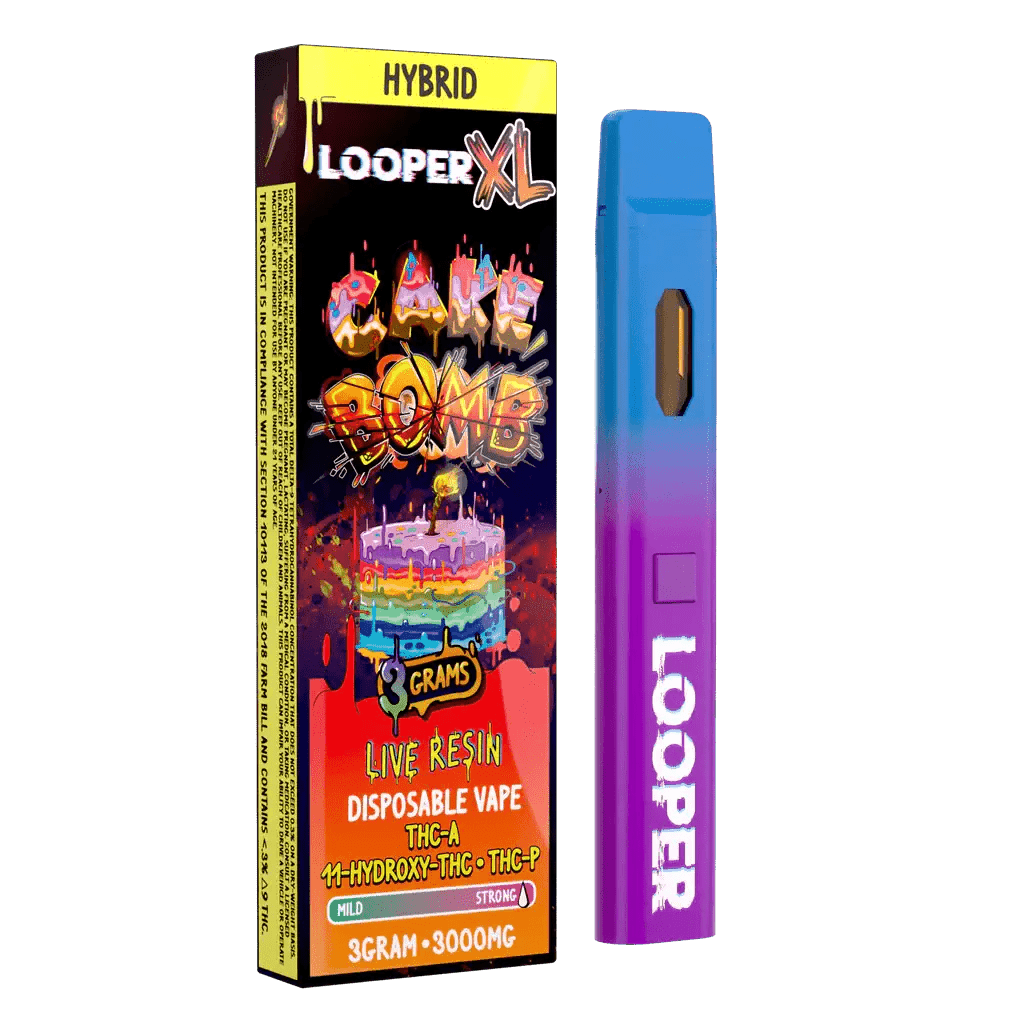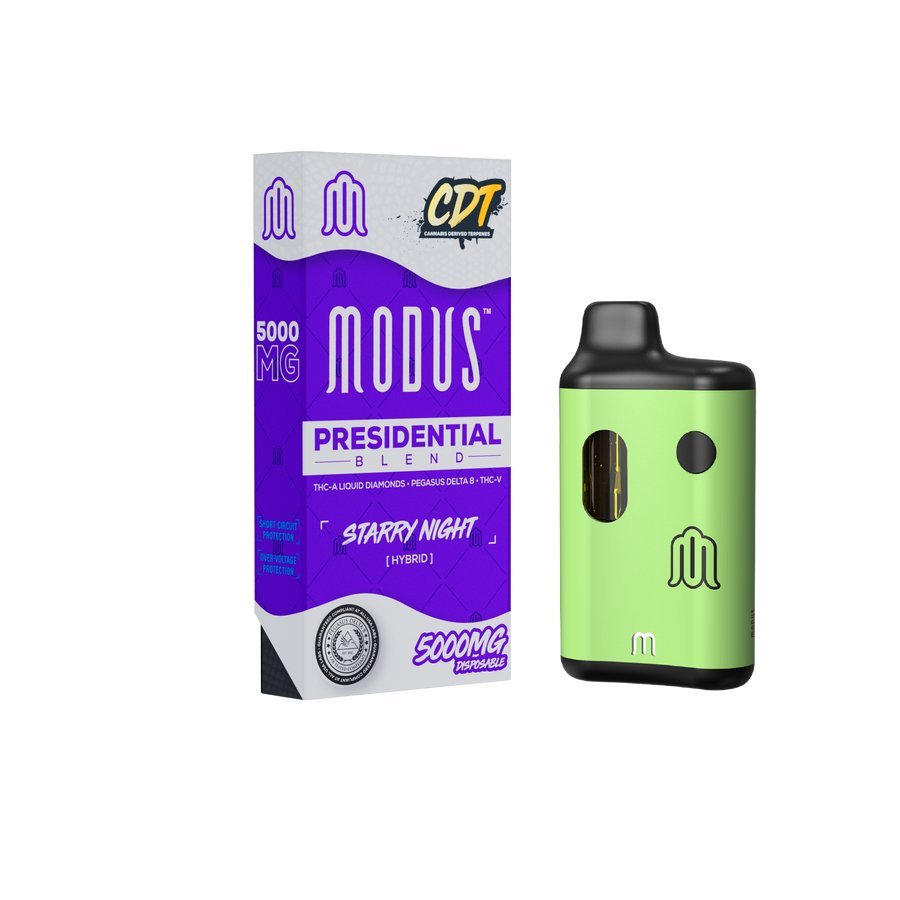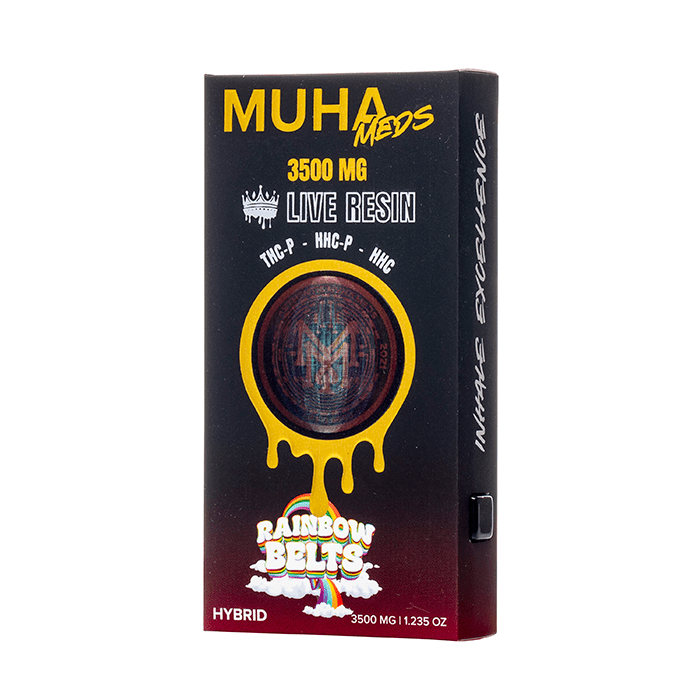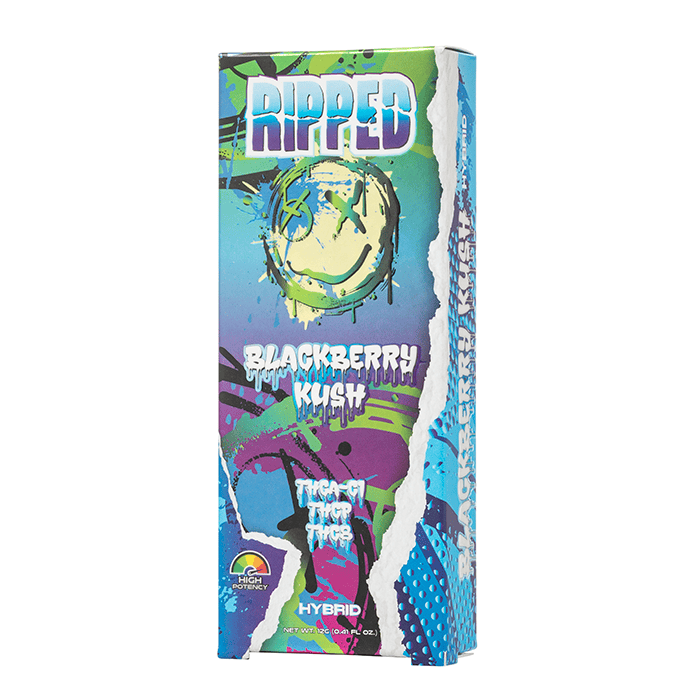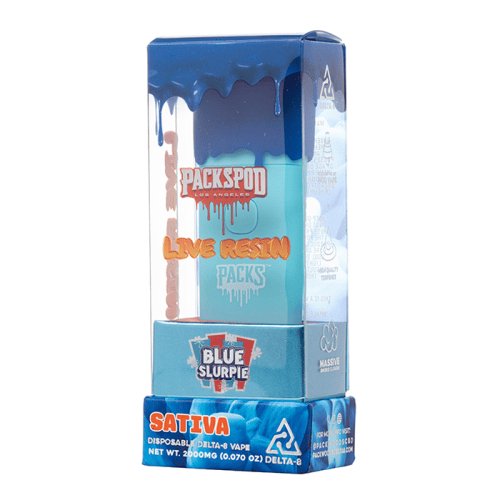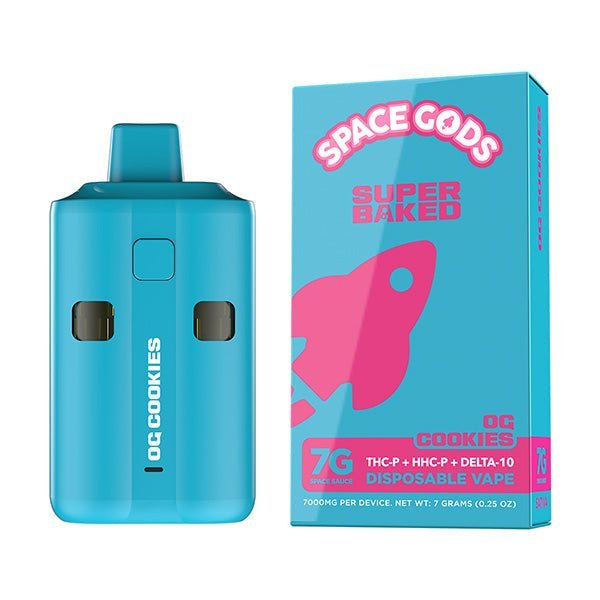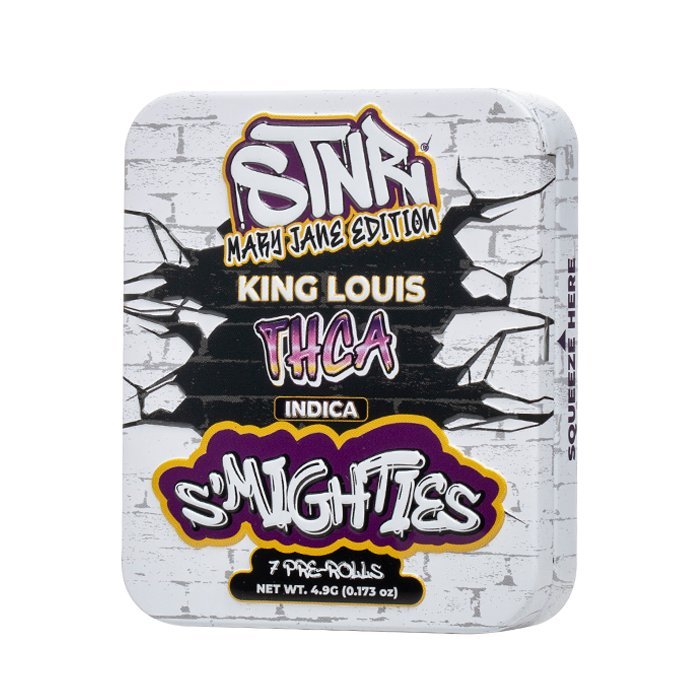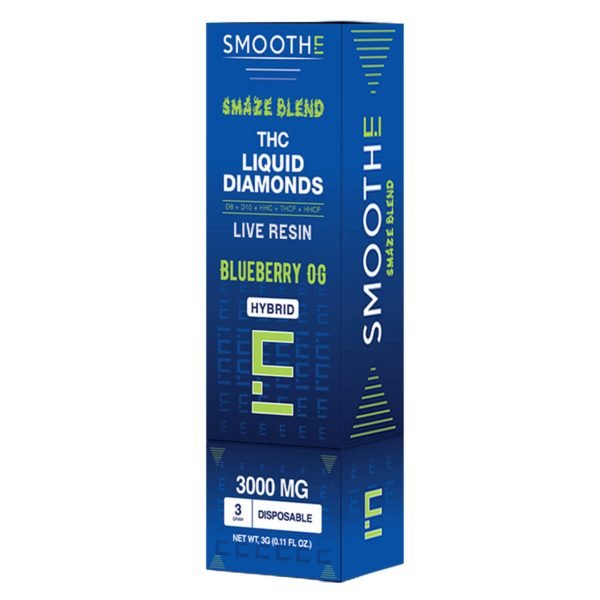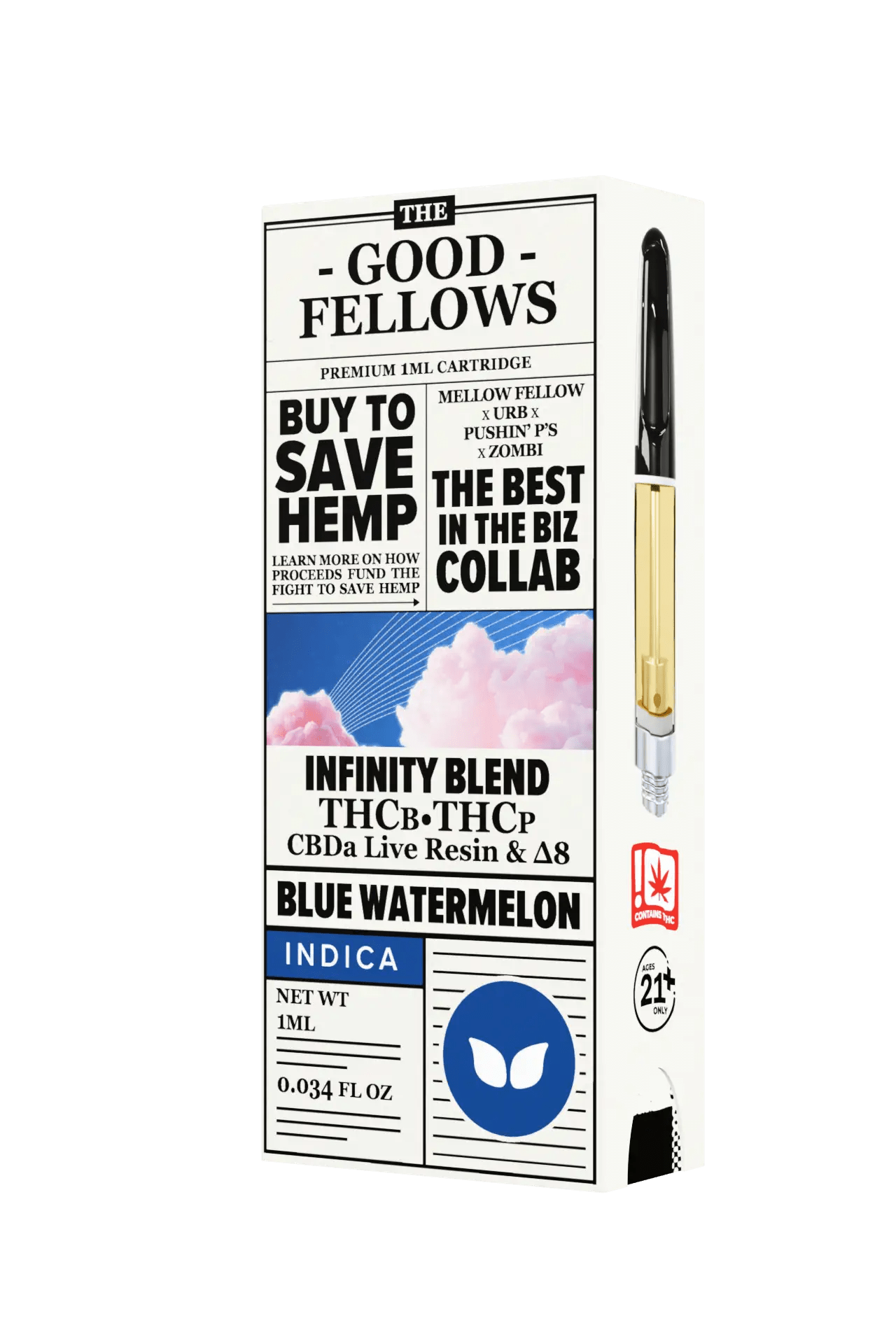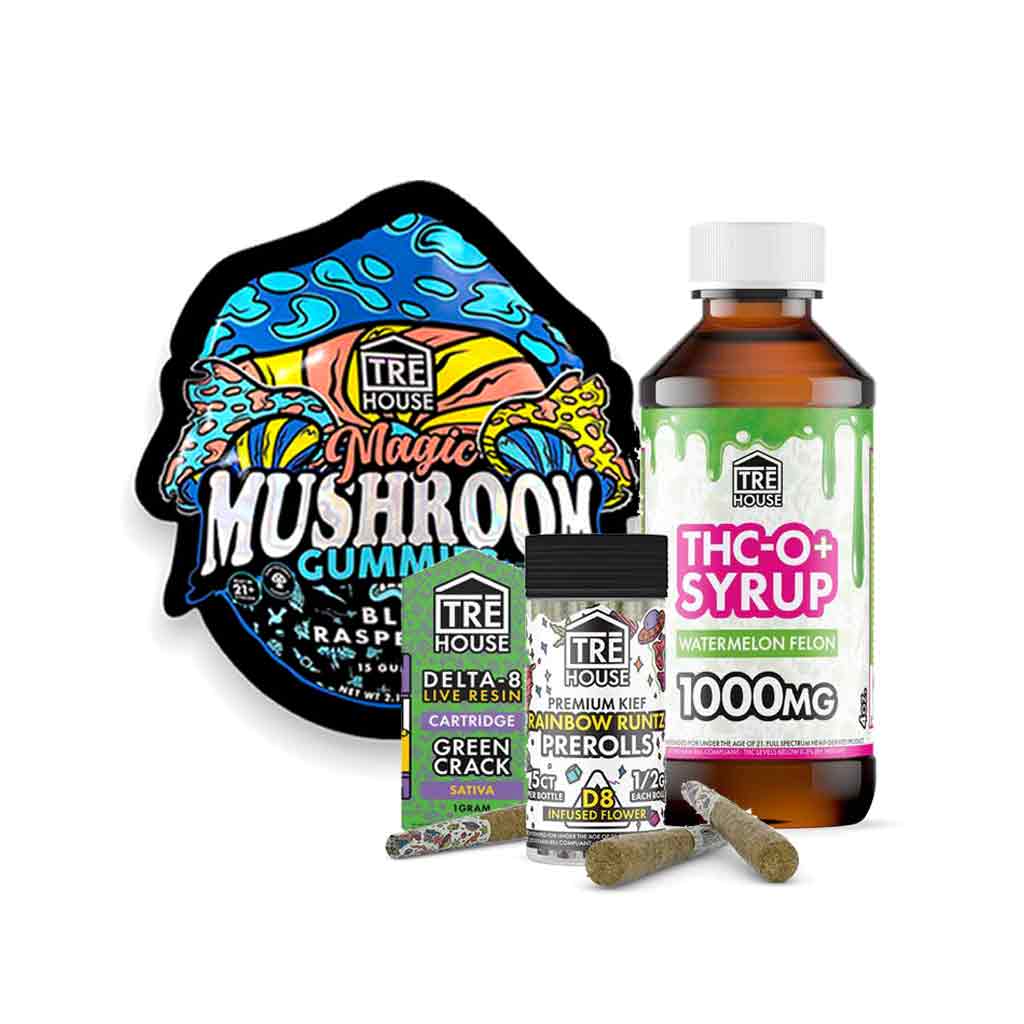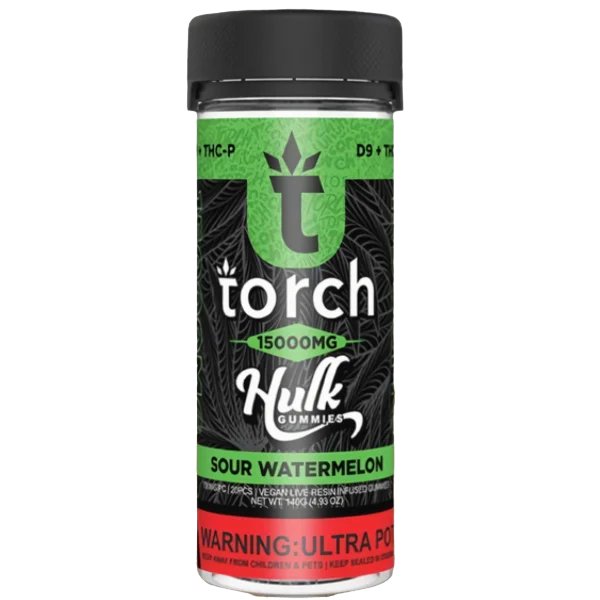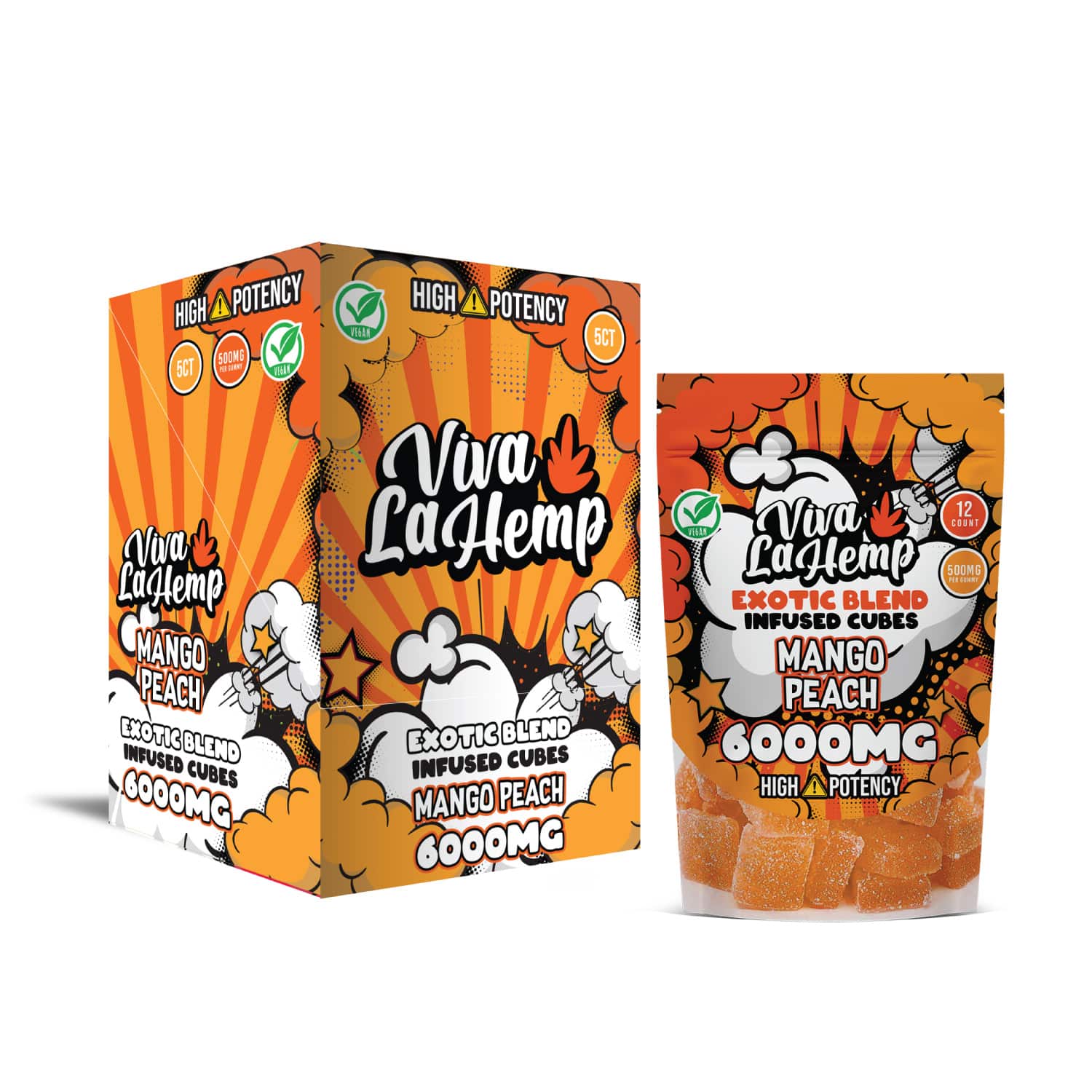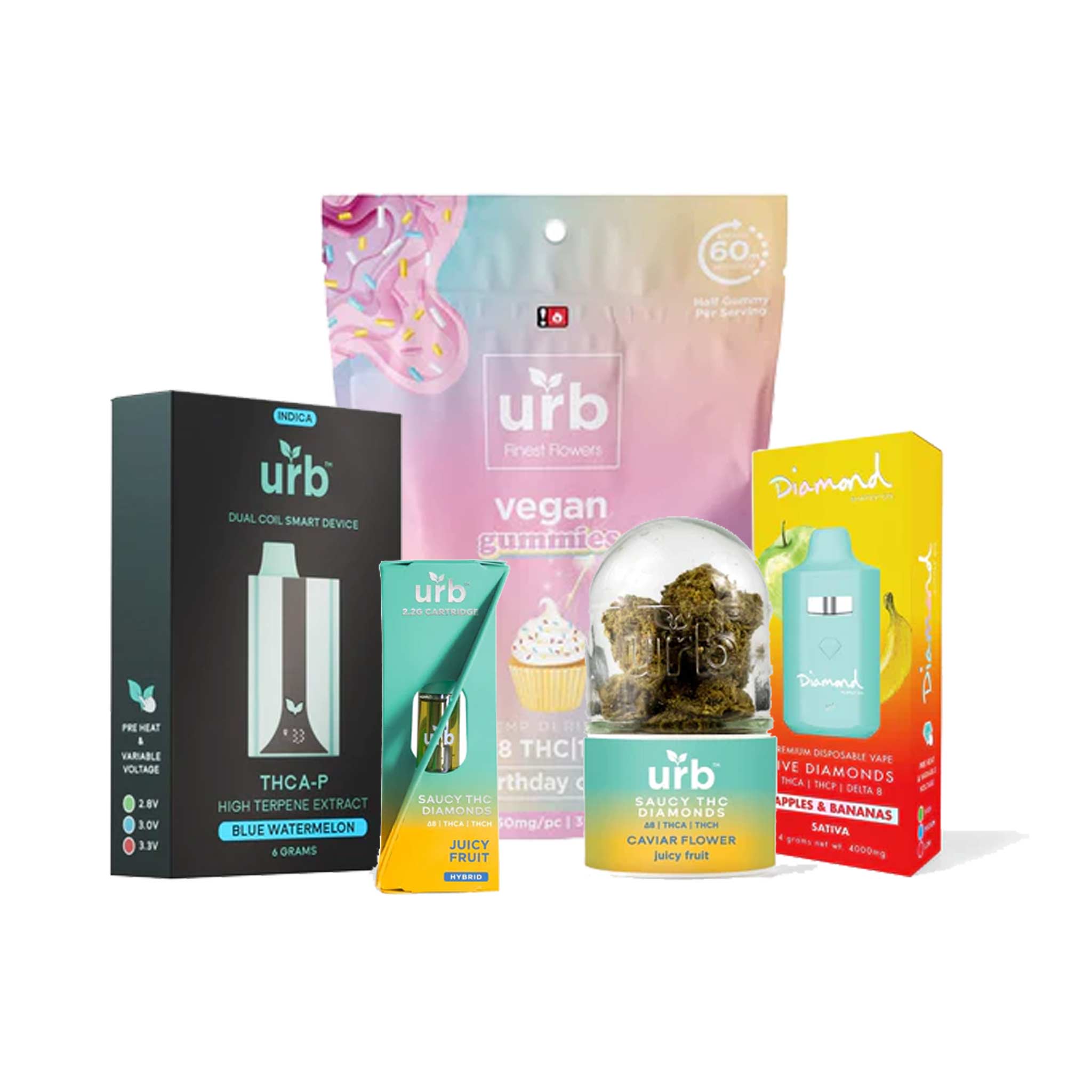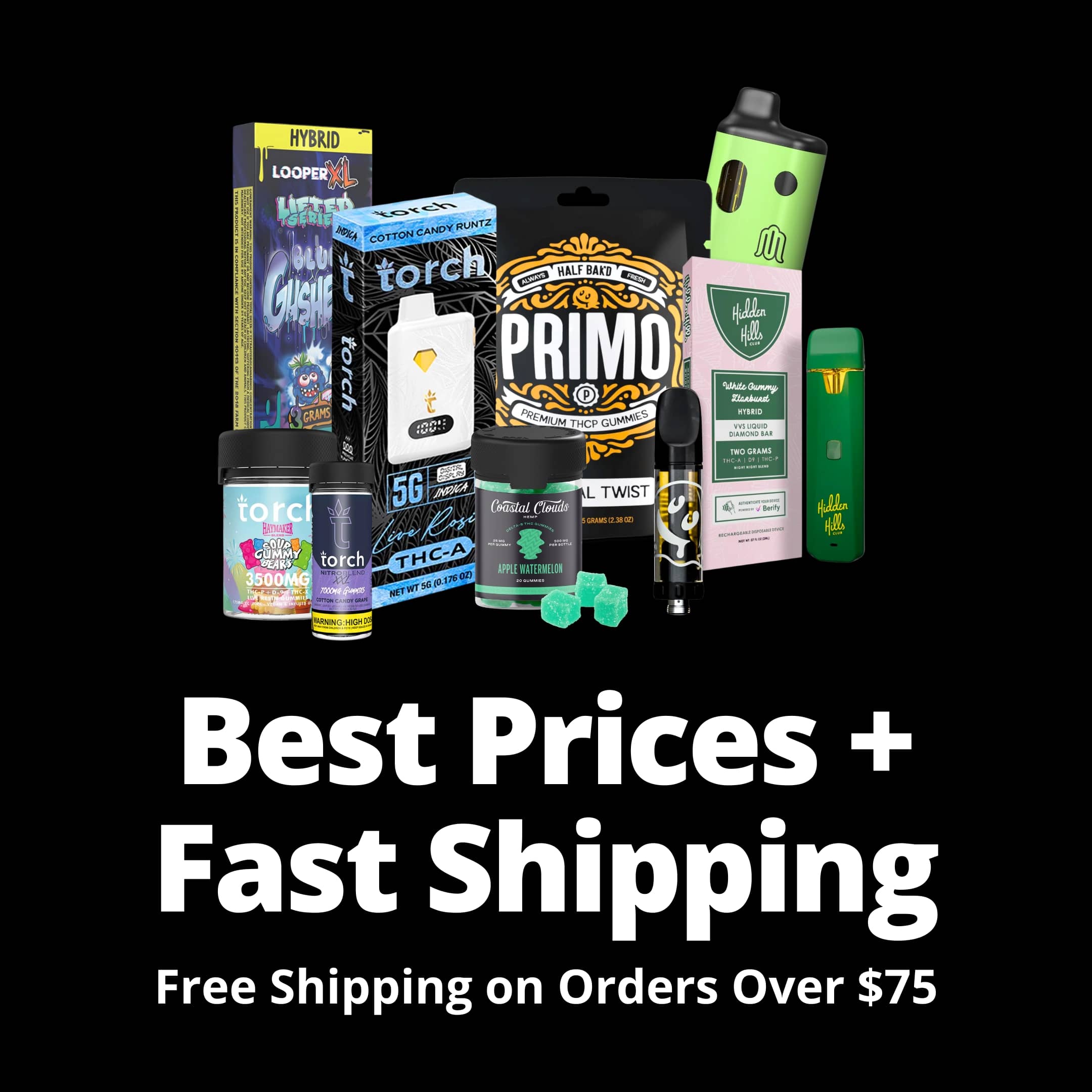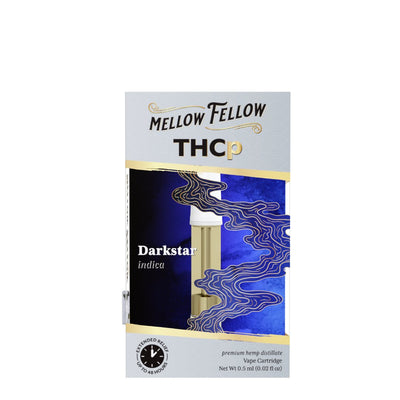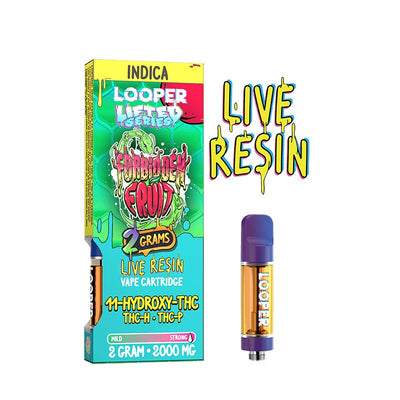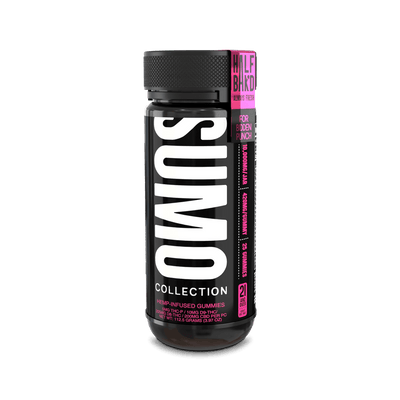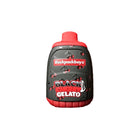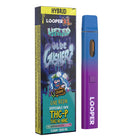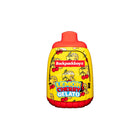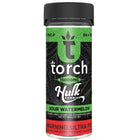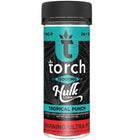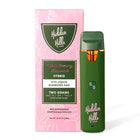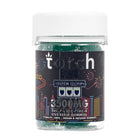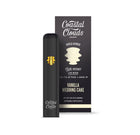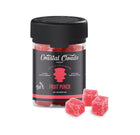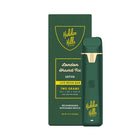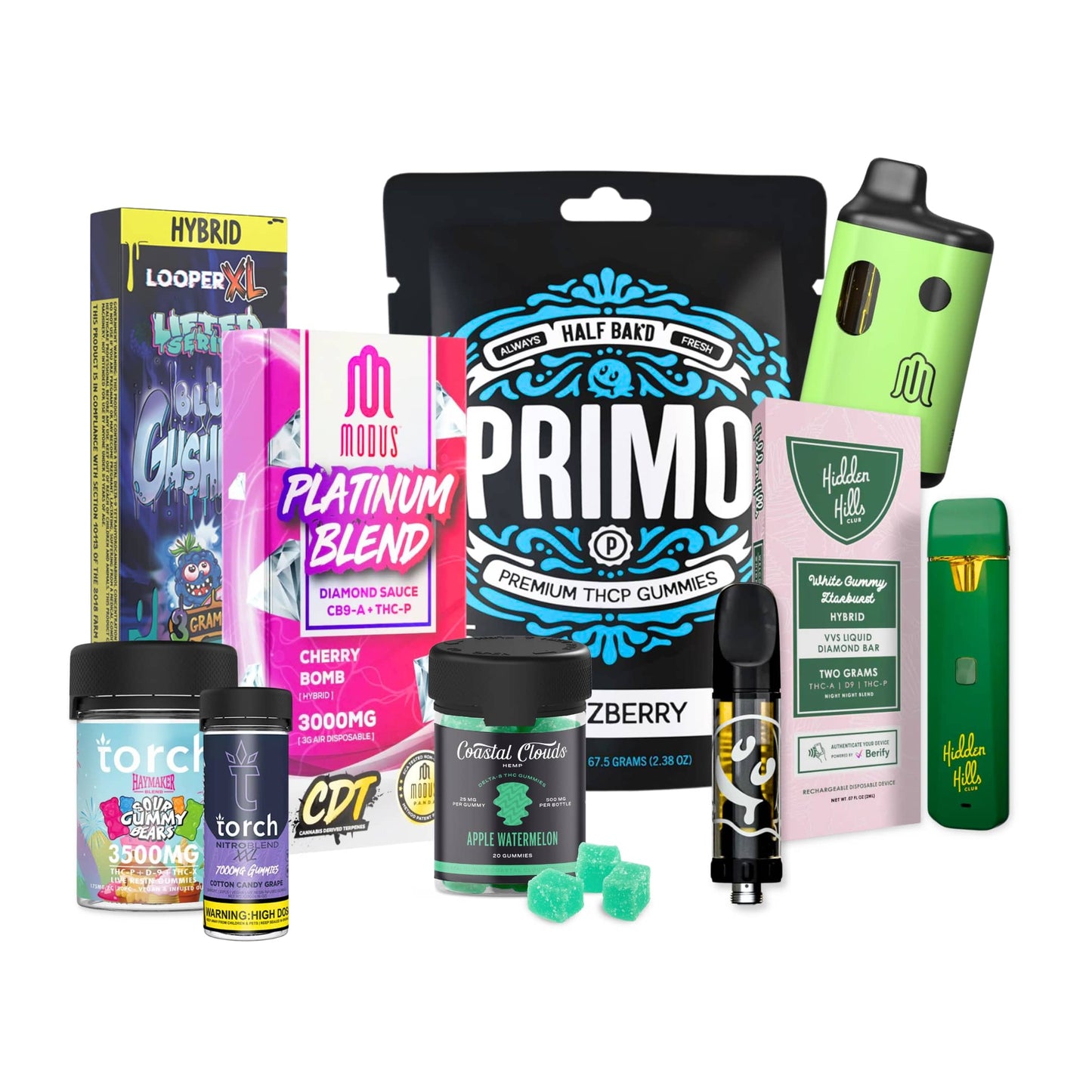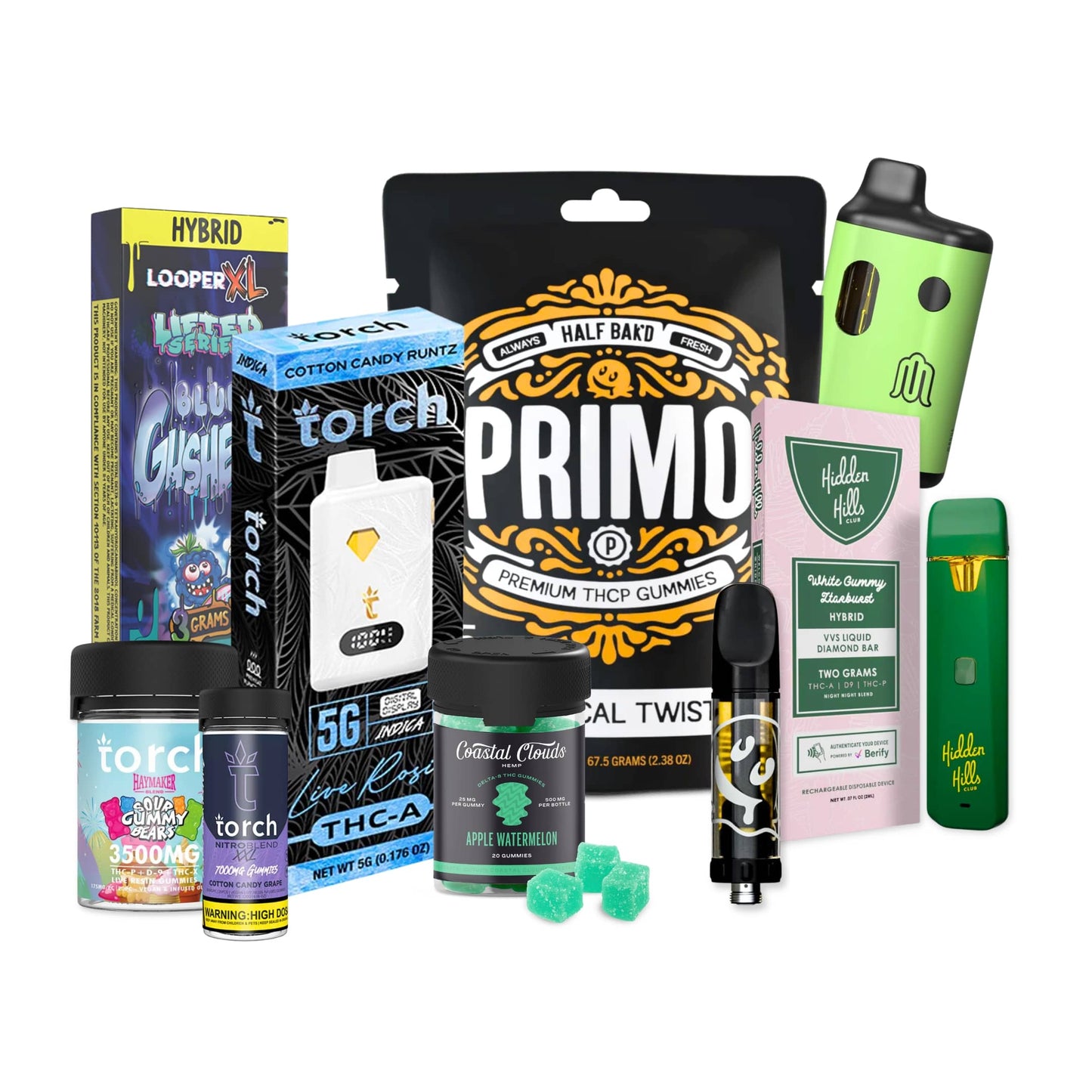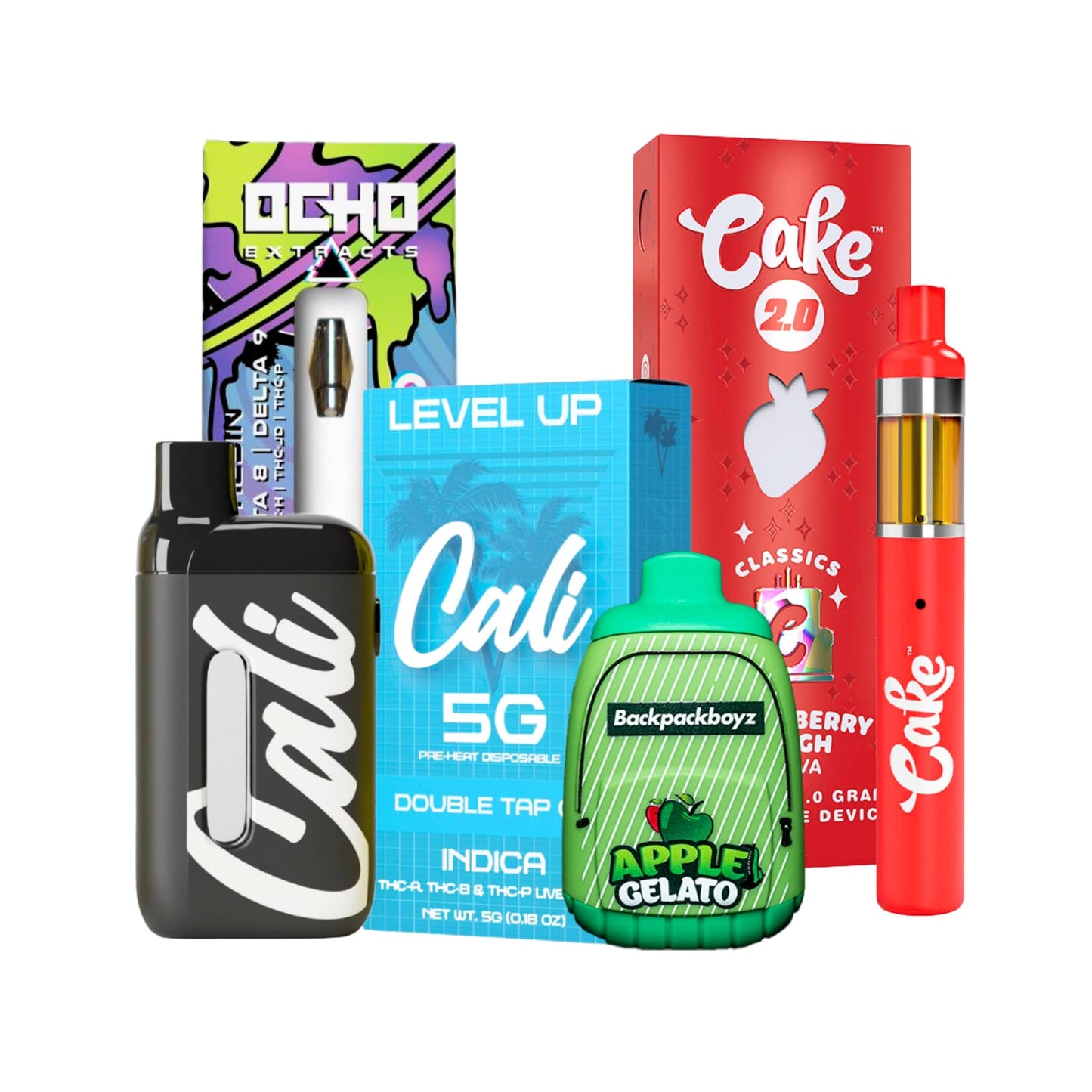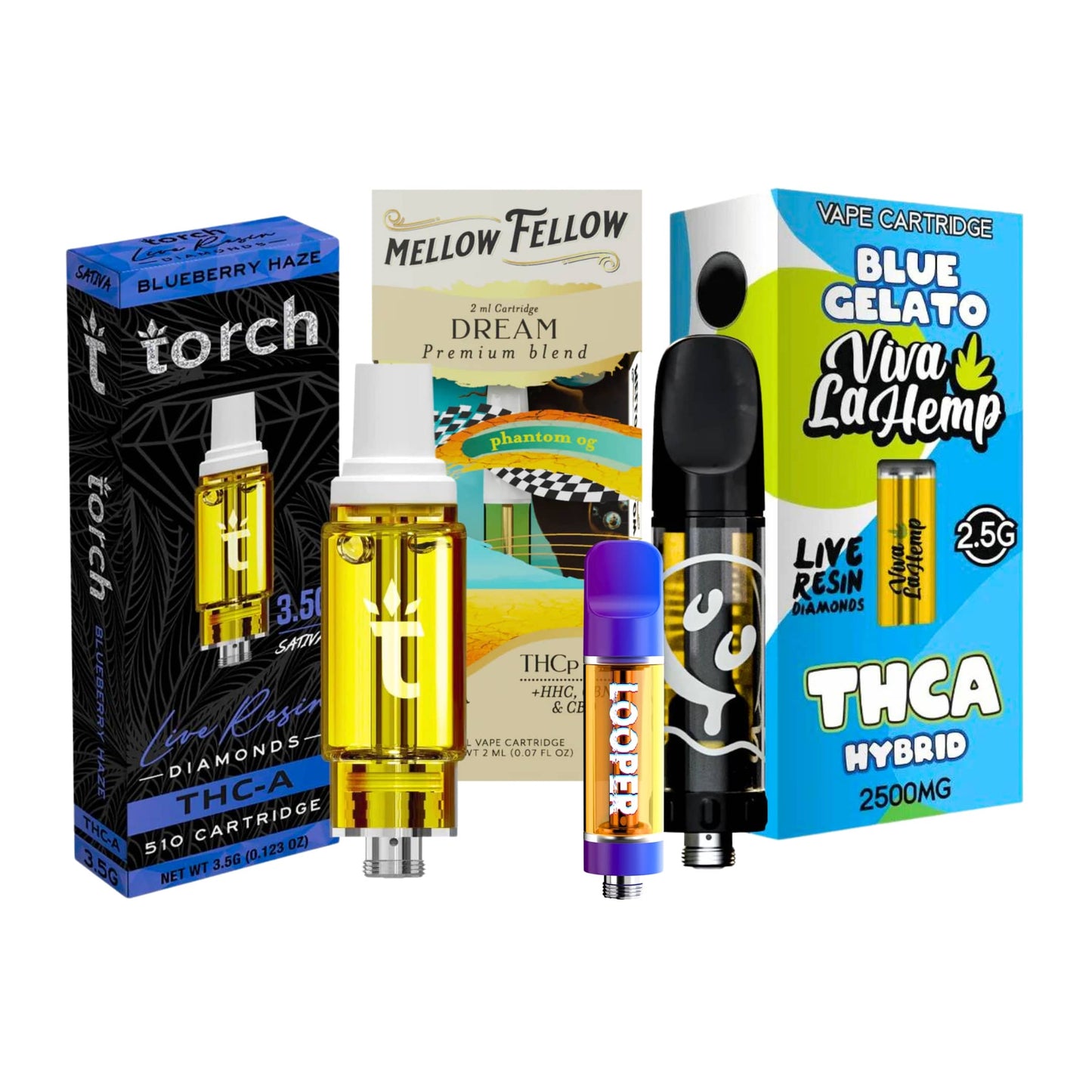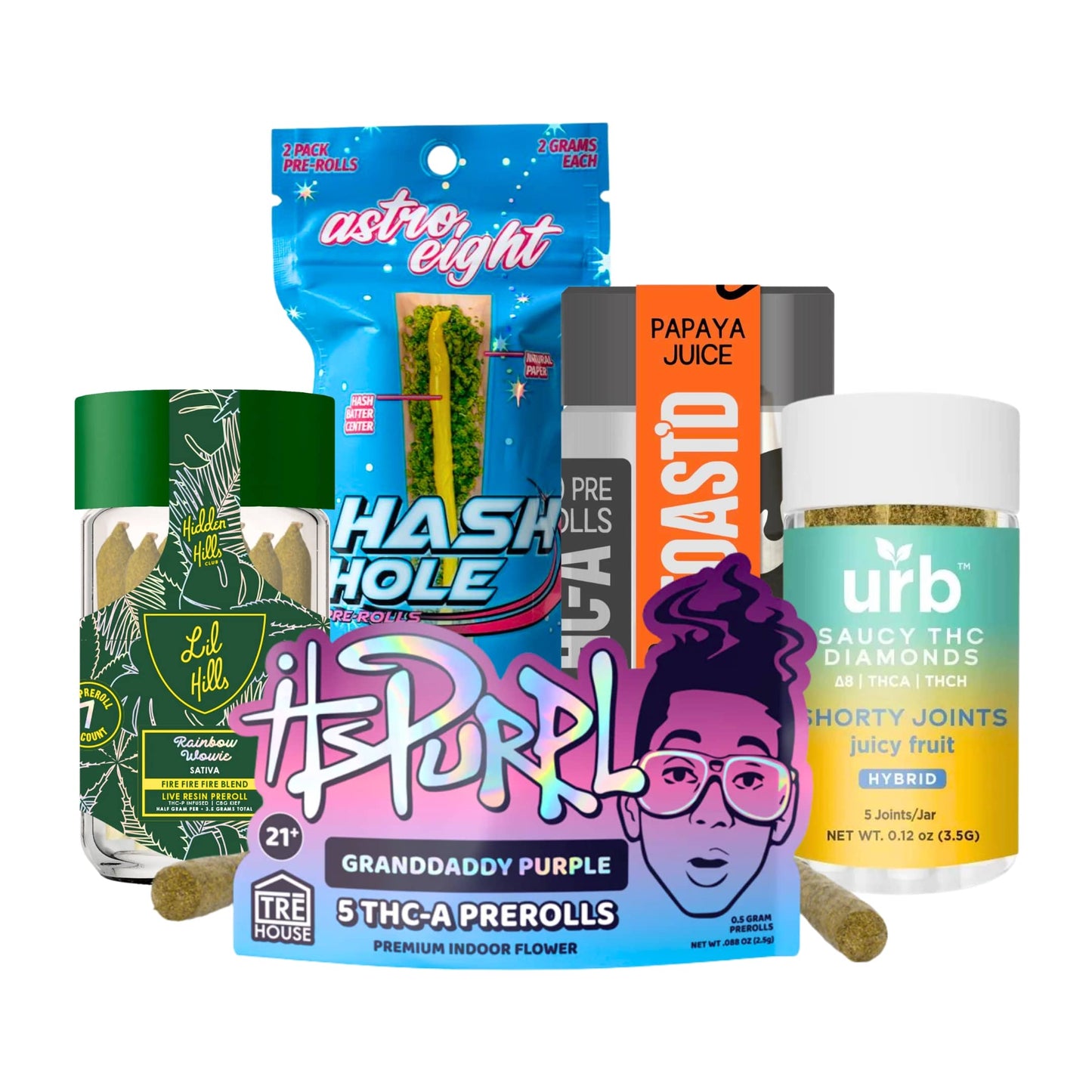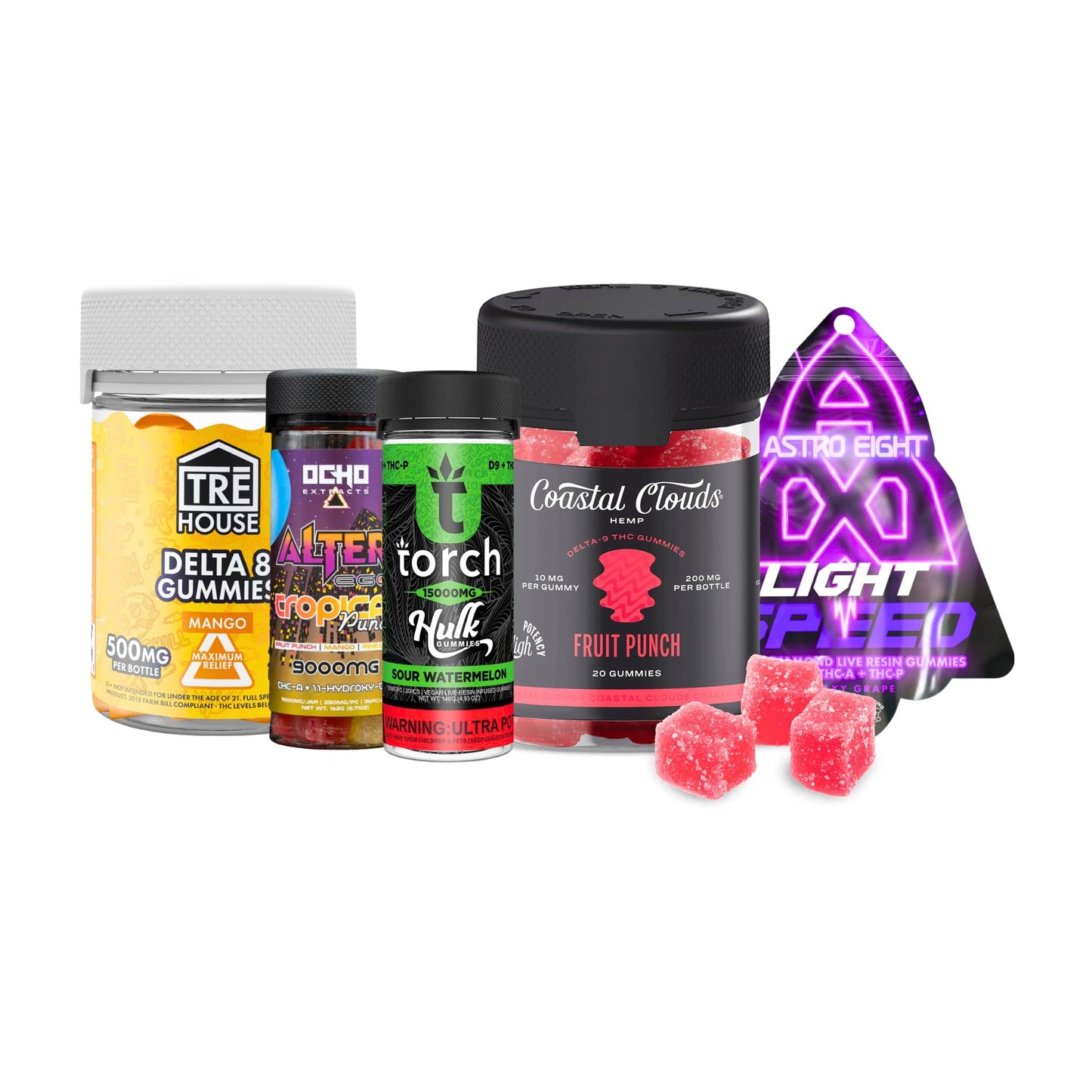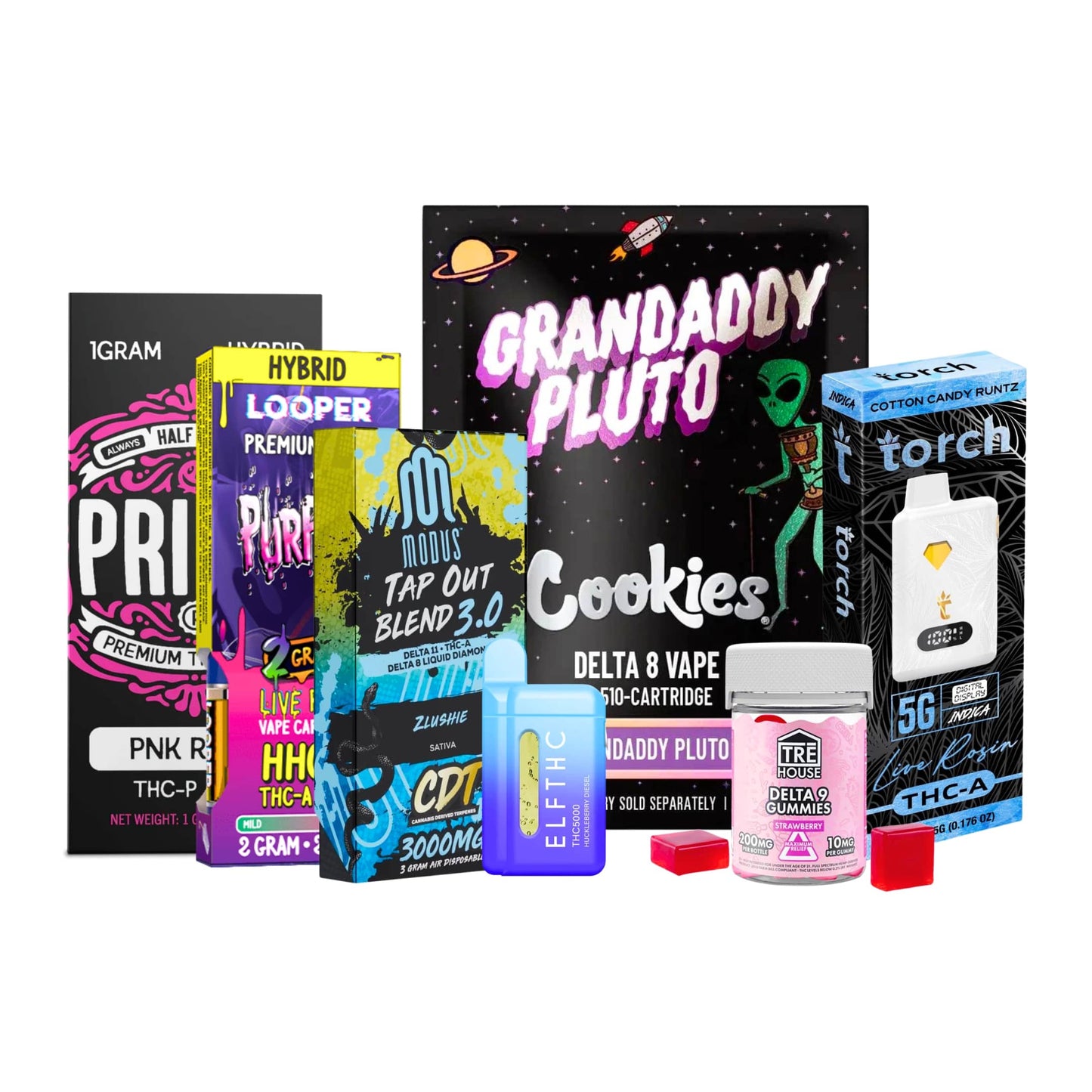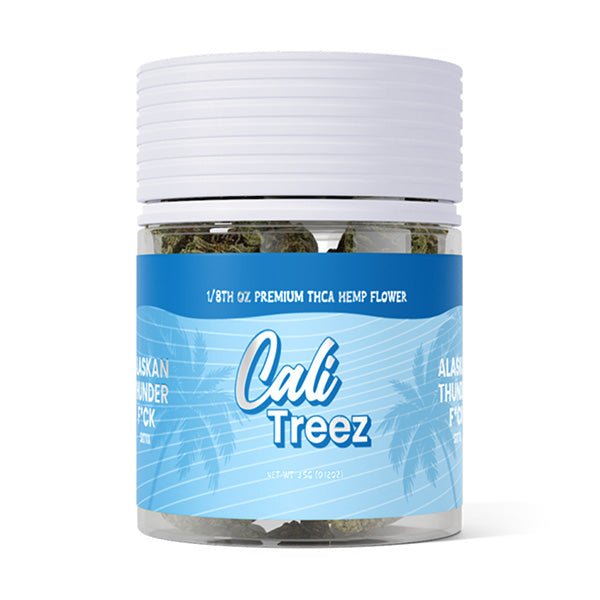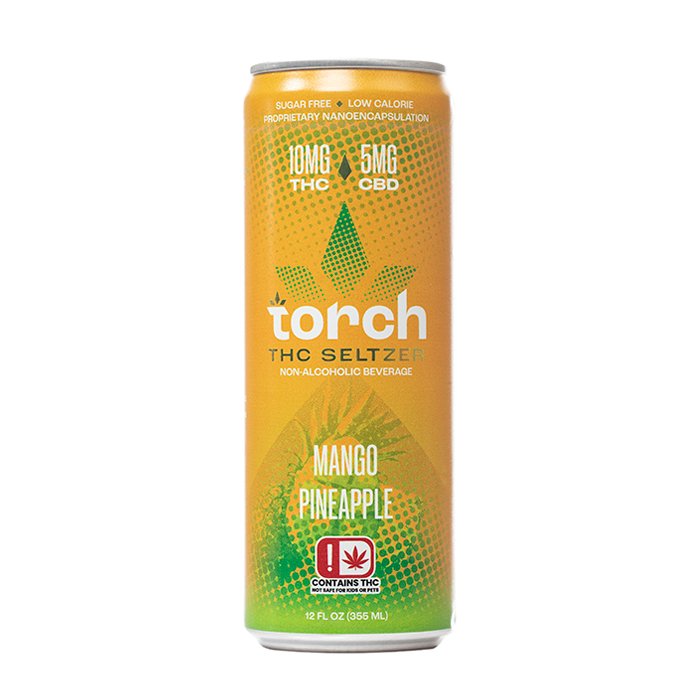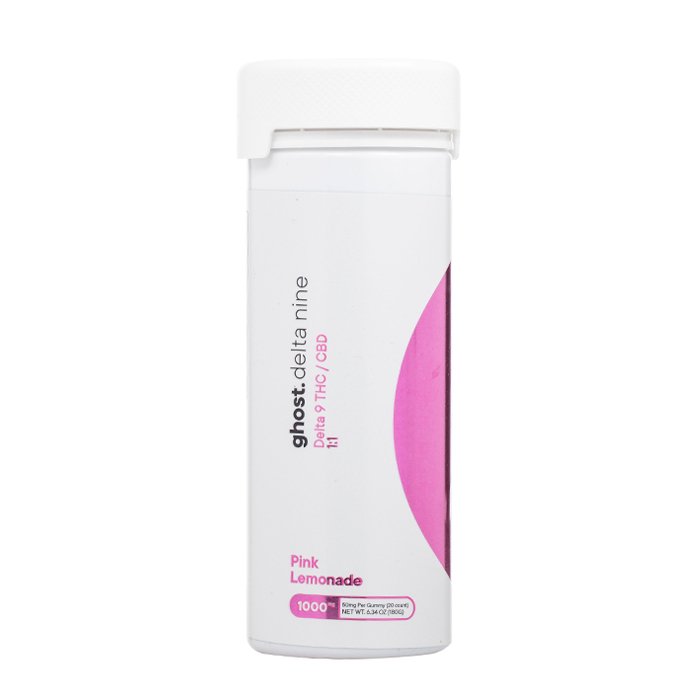Get a FREE Gummy or Vape
Sign up to get a FREE welcome vape or gummy on your first order when you buy 4 or more products.
Curious about the differences between THCP and THC? THCP is known for its much higher potency and unique effects compared to traditional THC. This article explores these cannabinoids, detailing their chemical structures, how they interact with the body, and their potential benefits. Let’s dive into the world of THCP vs THC.
Key Takeaways
-
THCP is a newly discovered cannabinoid that is potentially 33 times more potent than THC due to its unique chemical structure.
-
THCP binds more effectively to cannabinoid receptors in the body, particularly CB1, leading to stronger psychoactive effects and potential therapeutic benefits.
-
Proper dosing is crucial with THCP; beginners should start low and go slow to avoid intense side effects, and be aware of legal complexities and drug testing implications.
===ARTICLE_CTA===
What Are THCP and THC?
THC, or Tetrahydrocannabinol, is the most well-known psychoactive compound found in cannabis plants. This is the compound that causes the “high” users feel when consuming marijuana. Found in high concentrations in many cannabis strains, THC has been extensively studied and forms the foundation for much of today’s cannabis research.
THCP is a relatively newly discovered cannabinoid that has intrigued scientists and cannabis enthusiasts. THCP, or tetrahydrocannabiphorol, occurs in trace amounts in cannabis plants, making it a naturally occurring cannabinoid. What sets THCP apart is its unique chemical structure, which grants it potentially much higher potency than traditional THC. Due to its low natural concentration, THCP is often synthesized from CBD to make it more accessible for research and use.
While THC remains the primary psychoactive compound in cannabis, the discovery of THCP opens up new possibilities for understanding and utilizing the plant’s full potential. The differences between these two cannabinoids, from their chemical structures to their effects on the body, highlight the ongoing evolution in cannabis research and product development.
For a deep understanding, visit our blog post What is THCP?
Chemical Structure Differences
A cannabinoid’s chemical structure largely determines its effects and potency. Though THC and THCP appear similar initially, significant differences emerge upon closer inspection. THC has a pentyl chain with five carbon atoms. This structure enables THC to bind with cannabinoid receptors in the body, leading to its well-known psychoactive effects.
THCP, on the other hand, has a heptyl chain with seven carbon atoms. This seemingly minor difference significantly enhances THCP’s ability to bind to cannabinoid receptors, especially the CB1 receptor, which is mainly responsible for the psychoactive effects of cannabinoids and other cannabinoids. THCP’s longer alkyl side chain allows it to latch onto these receptors more effectively, resulting in stronger effects even at lower doses.
The structural differences between THCP and THC are crucial to understanding why THCP is considered a more potent cannabinoid. These differences highlight the need for ongoing research into various cannabinoids and their potential recreational and therapeutic uses.
Interaction with the Body's Endocannabinoid System
The endocannabinoid system (ECS) is a complex network of receptors and molecules that regulate various physiological processes, including mood, appetite, pain, and memory. THC and THCP both interact with the ECS, but their interactions differ significantly due to their chemical structures, affecting the body’s cannabinoid receptors.
With its seven carbon atoms, THCP has a much stronger binding affinity to the CB1 receptor than traditional THC. Located primarily in the brain and nervous system, this receptor is responsible for the psychoactive effects of cannabinoids. The higher binding affinity means even small doses of THCP can produce pronounced effects, making it a potent psychoactive cannabinoid.
Research indicates that THCP also binds more effectively to CB2 receptors, involved in immune function and inflammation. This enhanced interaction suggests that THCP could have more significant effects on both the brain and the body’s peripheral systems. These interactions explain why THCP is seen as a more powerful compound compared to THC and highlight its potential for recreational and therapeutic uses.
Potency Comparison: THCP vs THC

THCP stands out as a game-changer in the world of cannabinoids due to its potency. Studies suggest THCP is up to 33 times more potent than traditional THC. This incredible potency is largely due to THCP’s longer alkyl side chain, which enhances its binding to cannabinoid receptors.
The increased binding affinity means THCP users can experience significantly stronger psychoactive effects compared to those using THC. This has important implications for recreational users seeking a more intense experience and medical users who may benefit from more potent effects at lower doses. However, the heightened potency requires careful dosing to avoid adverse effects.
THCP’s unique chemical structure and enhanced binding capacity establish it as one of the most potent cannabinoids discovered. This discovery opens new avenues for cannabis research and product development, pushing the boundaries of what we can achieve with these compounds.
Psychoactive Effects and User Experience
Users describe the psychoactive effects of THCP as more intense and longer-lasting than those of traditional THC. Many users report THCP produces an almost psychedelic experience, with heightened euphoria and sensory perception. Even at lower doses, THCP can induce a more profound euphoric state compared to delta-9 THC.
One striking feature of THCP is the duration of its effects. Users often experience THCP’s psychoactive effects for a much longer period than with THC, making it a compelling option for prolonged relief or recreational enjoyment. However, this extended duration also means the potential for adverse effects, such as anxiety or paranoia, may be higher, especially for inexperienced users.
THCP’s unique structure not only enhances its potency but also contributes to its distinctive psychoactive profile. While this makes THCP an exciting compound, it underscores the need for careful dosing and mindfulness of individual tolerance levels.
Potential Therapeutic Benefits

Beyond its psychoactive effects, THCP shows promise for various therapeutic benefits. Its unique structure may enhance its ability to regulate mood and pain, offering potential relief for chronic pain and mood disorders. THCP’s greater potency means even lower doses could provide significant therapeutic effects, making it a potent option for medical use.
However, this heightened potency also comes with potential risks. Higher doses of THCP may lead to more intense side effects, such as anxiety and cognitive changes. Users should approach THCP cautiously, especially those with little experience with potent cannabinoids.
While research on THCP is still emerging, anecdotal evidence suggests it could offer enhanced therapeutic benefits for pain relief, improved sleep, and mood enhancement. As studies continue, more applications for this powerful cannabinoid may be uncovered, expanding its role in both medical and recreational cannabis use.
===KLA===
Dosage Recommendations for THCP and THC
Given THCP’s potency, proper dosing is essential for a safe and enjoyable experience. Beginners should start with lower doses and gradually increase as needed. For example, starting with one or two puffs from a THC-P vape or a quarter to half of a THC-P gummy can help gauge individual tolerance.
Tinctures offer another precise dosing option, allowing users to start with a few drops and adjust as necessary. Waiting at least two hours before considering an additional dose helps avoid the risk of overconsumption. Individual responses to THC-P can vary greatly, so monitoring one’s reactions and adjusting dosages accordingly is crucial.
Starting with lower doses and slowly increasing helps users find the optimal balance, providing desired effects without adverse side effects. This approach ensures a safer and more controlled experience with this potent cannabinoid.
Availability and Legal Status
The legal status of THCP and THC is complex and varies by jurisdiction. Federally legal, THCP is recognized as legal under the 2018 Farm Bill, which permits the sale of legal hemp plants and its derivatives, provided they contain less than 0.3% delta-9 THC. However, this federal legality exists in a gray area, as states have their own regulations that can restrict or ban these compounds.
In many states, THCP can be purchased legally if it meets the federal threshold for delta-9 THC content. However, some states have stricter regulations, so consumers should be aware of local laws before purchasing or using THCP products.
THC is generally more widely available, but it also faces legal restrictions in many areas due to its classification as a Schedule I controlled substance. Understanding the legal landscape is crucial for anyone considering the use of THCP or THC. Staying informed about federal and state regulations helps ensure compliance and avoids potential legal issues.
Drug Testing Considerations
Both THCP and THC can be detected in standard drug tests, which typically screen for THC metabolites. This means THCP users should be aware it may show up in drug tests, similar to how traditional THC is detected. The similarity in their chemical structures can lead to false positives, complicating drug test results.
For individuals subjected to frequent drug testing, ceasing the use of all THC and THCP products is advisable to avoid potential issues. Factors like dosage, body fat, and metabolism can influence how long these cannabinoids stay in the system, affecting the detection window.
Understanding the implications of drug testing is important for anyone using cannabis products, particularly potent cannabinoids like THCP. Being informed helps users make better decisions and navigate the complexities of drug testing protocols.
Ways To Take THCP
Several popular methods exist for consuming THCP, each offering different experiences and benefits. THCP vapes and THCP cartridges are among the most favored options, providing a convenient and fast-acting way to enjoy the effects of this potent cannabinoid. For those who prefer edibles, THCP gummies offer a tasty and discreet option, though they require careful dosing due to their potency.
THCP flower and pre-rolls are also available, allowing users to experience the cannabinoid in a more traditional smoking format. Each method has its own set of advantages and considerations, making it important for users to choose the one that best fits their preferences and needs.
Experimenting with different consumption methods can help users find the most enjoyable and effective way to experience THCP. Whether through vaping, edibles, or smoking, there’s a method to suit every preference.
-
===PRODUCT_8963644621092===
-
===PRODUCT_9615142846756===
-
===PRODUCT_9586808324388===
-
===PRODUCT_8646257574180===
Summary
In summary, THCP and THC are two powerful cannabinoids with distinct differences in their chemical structures, potency, and effects. THCP’s unique seven-carbon chain grants it a higher binding affinity to cannabinoid receptors, resulting in stronger psychoactive effects and potential therapeutic benefits.
While THCP offers exciting possibilities, it also requires cautious dosing and consideration of its legal status and potential for detection in drug tests. As research continues to uncover the full range of effects and benefits of THCP, users can look forward to new and innovative ways to experience the potent effects of this remarkable cannabinoid.
Ultimately, the choice between THCP and THC depends on individual preferences, needs, and legal considerations. By staying informed and mindful, users can make the most of their cannabis journey and explore the full potential of these fascinating compounds.
Frequently Asked Questions
What is the main difference between THCP and THC?
The main difference is that THCP has a longer seven-carbon chain, making it way more potent than THC, which has just five. So, if you're looking for a stronger effect, THCP might be the way to go!
Is THCP more potent than THC?
Absolutely, THCP is said to be up to 33 times more potent than THC, giving it a much stronger high even in smaller amounts.
Can THCP be detected in drug tests?
Yep, THCP can show up on drug tests just like THC, so if you're facing regular testing, keep that in mind!
What are some common ways to consume THCP?
You can enjoy THCP through vaping, edibles like gummies, or by smoking THCP flower and pre-rolls. Each option gives you a unique experience, so pick what suits you best!
Are there any therapeutic benefits to using THCP?
THCP could be beneficial for pain relief and improving mood because it's more potent than other cannabinoids. Still, we need more studies to really get the full picture.


